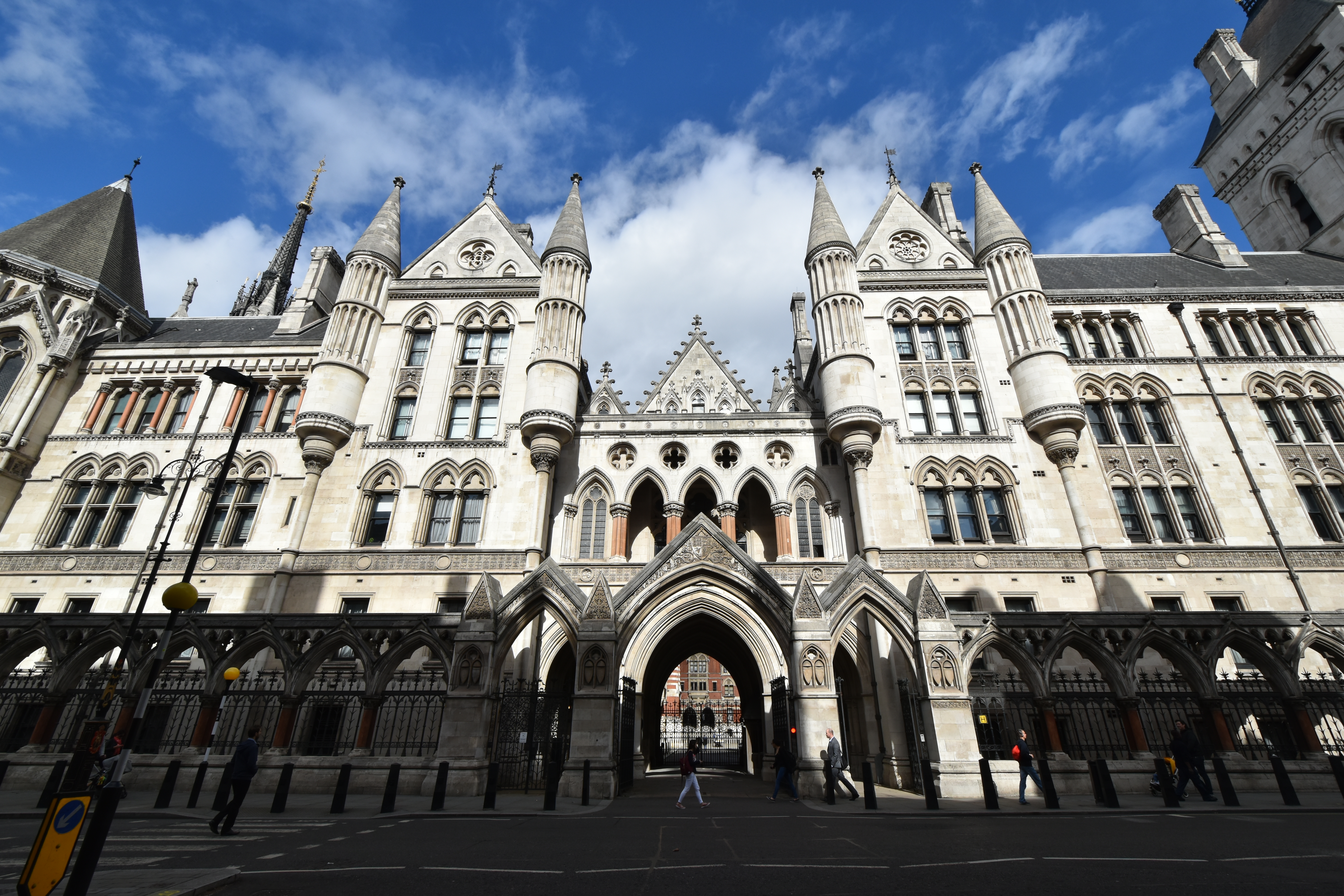Yet another proof class busted: Voice being (allegedly) so pretty perfectly synthesizable, that it loses its value as proof (of identity). Because beyond reasonable doubt isn’t beyond anymore, and anyone venturing to bring voice-based evidence, will not be able to prove (beyond…) that the sound heard, isn’t tampered with i.e. generated. Under the precept of “whoever posits, proofs”, the mere remark that no madam Judge we honestly did not doctor this evidence, is insufficient and there can be no requirement for positive disproof for dismissal from the defense as that side is not the one doing the positing. What about entrapment, et al.?
So, technological progress brings us closer to chaos. “Things don’t move so fast”-believers must be disbarred for their demonstrated gross incapacity — things have moved fast and will do so, ever faster. Or what ..?
Well, or Privacy. Must the above ‘innovator’ be sanctioned severely for violation of privacy of original-content-sound producers ..? Their (end) product(s) is sold/leased to generate false identity or doctored proof, either for or against the subject at hand, <whatever> party would profit thereof. Like an equipment maker whose products are targeted at burglars, or worse e.g., guns. Wouldn’t these be seriously curfewed, handcuffed ..?
[Edited to add, after drafting this five days ago: Already, Bruce is onto this, too. Thanks. (Not my perspective, but still)]
Oh, or:
 [Apparently so secure(d), ‘stormed’ and taken practically overnight (read the story of); Casa Loma, Toronto]
[Apparently so secure(d), ‘stormed’ and taken practically overnight (read the story of); Casa Loma, Toronto]








